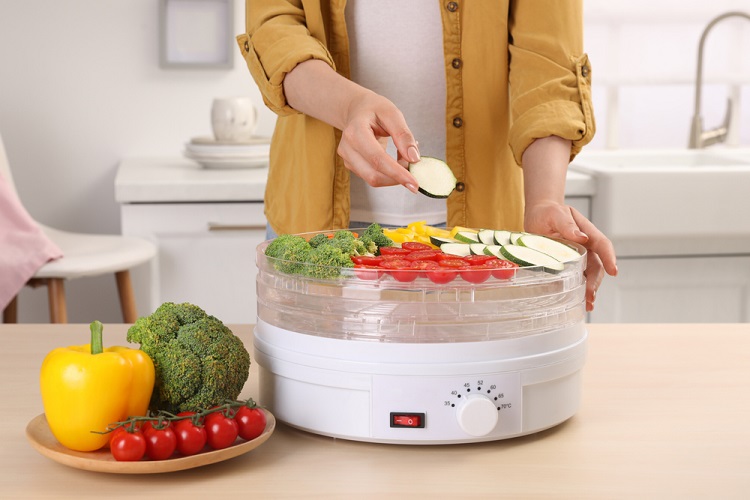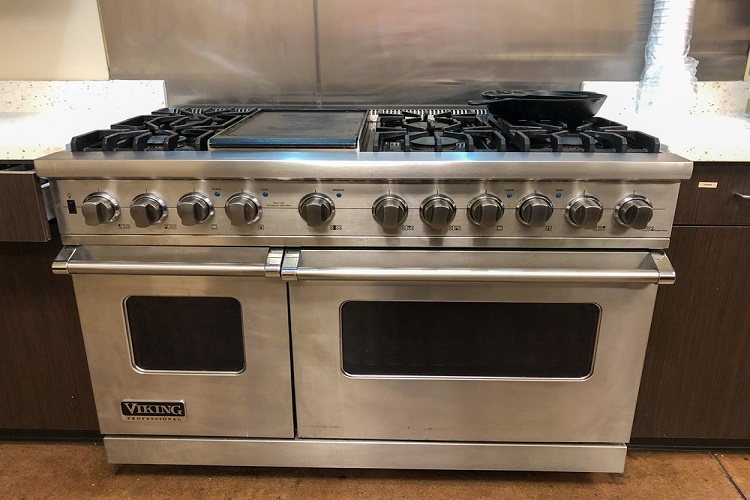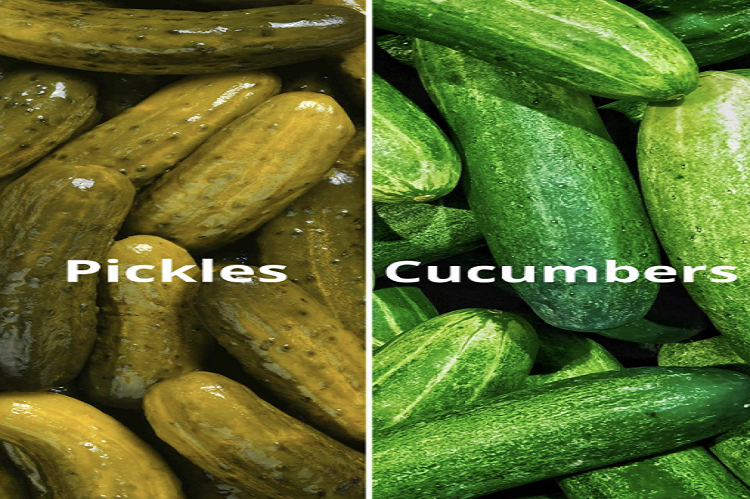In the kitchen, as in life, you reap what you sow.
You cannot expect to churn out consistently delicious meals from your restaurant kitchen if you do not use quality ingredients. Even the most seasoned chefs can do only so much with lackluster ingredients.
Table of Contents
Effects of ingredient quality
But why does using quality ingredients matter in restaurants? The ingredients you use in your kitchen can influence the quality of food you serve your diners.
Run this experiment: ask your chef to prepare two versions of the same dish. The only difference between each version is the meat used. With the first one, ask your chef to use meat that has been frozen for about a week or two. For the other one, ask him to use the freshest meat available.
Almost always, you will get the same result, assuming that other variables remain constant: the dish which used fresh meat will taste better.
The primary reason behind that is that fresh meat contains the most amount of juices and flavors. Over time, an ingredient, especially proteins, loses its natural flavors. In turn, your kitchen crew will need to rely on spices and other ingredients to compensate for this loss.
Fresh ingredients also translate to more satisfied customers. Again, try to observe your establishment’s customers. Notice that when you use quality ingredients, diners take their time when eating meals, savoring the flavors, treating their taste buds to a culinary wonderland.
Types of ingredient suppliers
To a great extent, being able to use the finest ingredients and supplies for your dishes hinges on finding a reliable supplier.
Apart from your local grocery and markets, there are a few options that you can explore when looking for a supplier for the finest ingredients to use in your restaurant.
One such option is food wholesalers. Food wholesalers refer to companies that sell directly to restaurants and similar establishments. There are some cases wherein the manufacturers themselves act as wholesalers. But in most cases, wholesalers are akin to your local groceries, although on a larger scale. Wholesale distributors typically require a minimum order volume for deliveries.
Wholesale grocers, on the other hand, are similar to the ordinary grocery. The critical difference is that the former offers products in bulk or in larger packages which you might not find in your local grocer.
Food distributors, on the other hand, sell their products to both establishments and food wholesalers. Some food distributors offer a diverse array of products, while others specialize in a specific range. Like wholesalers, distributors can deliver your orders directly to your restaurant, provided that you meet a certain minimum.
The chief advantage of working with distributors and wholesalers is that you’ll get practically everything that your restaurant needs. This helps eliminate the hassles associated with dealing with multiple vendors, like multiple deliveries and pickups.
Furthermore, distributors and wholesalers have their network of manufacturers and producers, allowing you to leverage these to get the products you need, even if these are not currently available for retail in your market.
Choosing your partners
Choosing which distributors and wholesalers to partner with is a critical decision that should not be taken lightly. In order to get the most out of these partnerships, here are a few important considerations to take into account.
Before beginning your search for distributors and wholesalers, you need to have a clear idea of what you want to achieve with your restaurants as well as your specific needs. This will allow you to narrow your shortlist to distributors and wholesalers who can meet your needs.
Next, look at the offerings each company offers. Some distributors and wholesalers provide a specific line of products while there are others who are more than willing to work with you to meet your particular requirements.
After that, check the prices offered by each distributor and wholesaler on your shortlist. Like any other business, restaurants need to make a good profit in order to survive. And a lot of that hinges on the prices of the ingredients.
In some cases, you will discover that you can’t get all your ingredients from a single distributor or wholesaler. That’s perfectly natural. In order to cover all your bases, you might want to consider expanding your search and partnering with multiple companies to meet your restaurant’s needs. The critical thing to remember is that all your partners should be willing to accommodate your requirements.
Finding a reliable partner who can supply your restaurant’s needs is not an easy process. Often, your search will entail a lot of legwork. Fortunately, there are several tools that you can use to get multiple leads for possible suppliers, from referrals from industry colleagues to online searches and even good old visits to your local market.
Although the process can be tedious at the onset, later on, you will be rewarded handsomely with quality ingredients that satisfy your customers’ cravings and increase your resto’s bottom line.
AUTHOR BIO
Jad Asaad is the Marketing Manager at Bidfood UAE with more than eight years of experience in digital, online and offline marketing. He started his career in Beirut working in a creative agency and then moved to Dubai to further expand his career. He created and implemented award-winning high-impact digital and offline marketing campaigns that consistently generated revenue streams and improved performance in targeted segments.









Comments